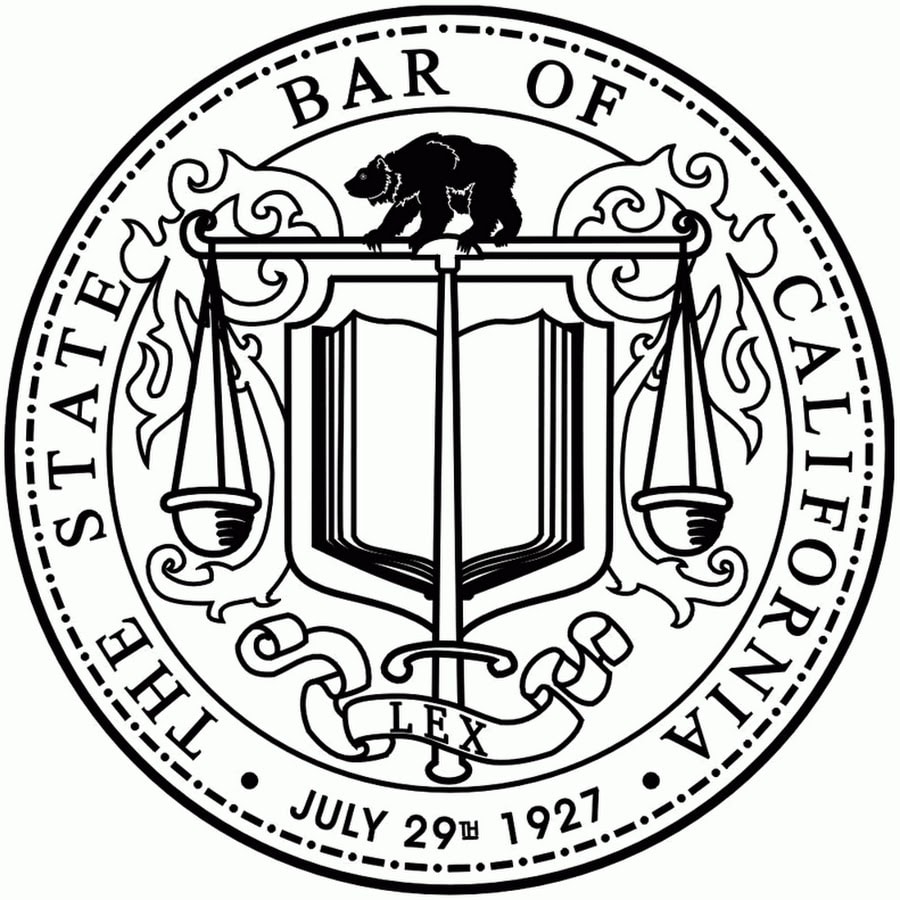After the California State Bar’s security was accidentally bypassed by open records site judyrecords in February, five anonymous individuals have been working on a class action lawsuit against the Bar, their software vendor and the vendor’s information technology director.
The breach allowed 322,000 confidential disciplinary records to be freely displayed on judyrecords’ site. Of these, people viewed 1,034 records on judyrecords, according to the site’s operator, Kevan Schwitzer. Schwitzer wrote on his site that the disciplinary records were open to anyone to access as long as they could guess the records’ URL. The State Bar’s website, with software provided by Tyler Technologies, did not








